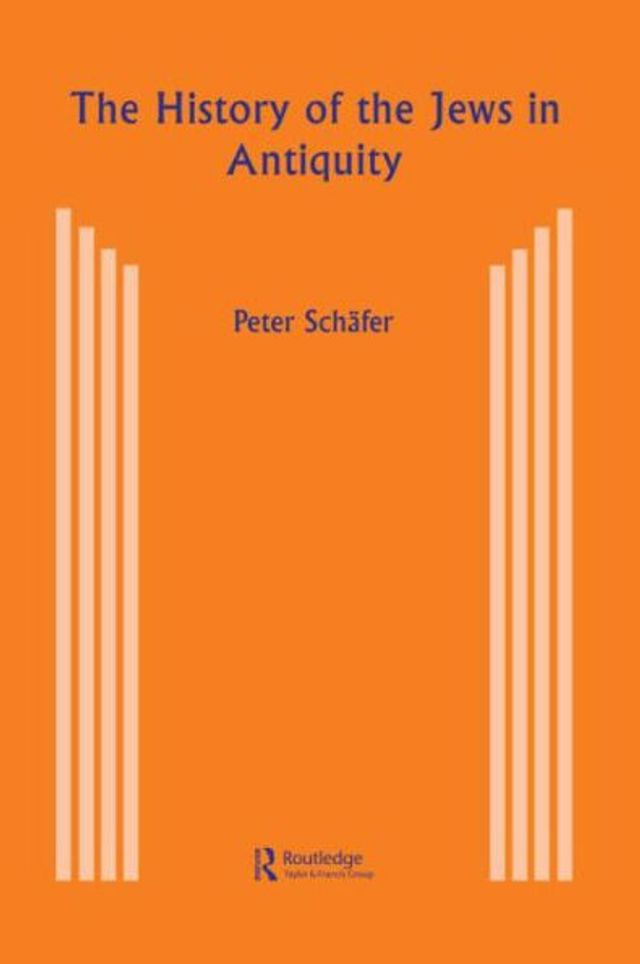Home
Soldiers and Ghosts: A History of Battle in Classical Antiquity / Edition 1
Barnes and Noble
Soldiers and Ghosts: A History of Battle in Classical Antiquity / Edition 1
Current price: $24.00


Barnes and Noble
Soldiers and Ghosts: A History of Battle in Classical Antiquity / Edition 1
Current price: $24.00
Size: OS
Loading Inventory...
*Product information may vary - to confirm product availability, pricing, shipping and return information please contact Barnes and Noble
A major new history of battle in the ancient world, from the age of Homer through the decline of the Roman empire
What set the successful armies of Sparta, Macedon, and Rome apart from those they defeated? In this major new history of battle from the age of Homer through the decline of the Roman empire, J. E. Lendon surveys a millennium of warfare to discover how militaries change—and don’t change—and how an army’s greatness depends on its use of the past.
Noting this was an age that witnessed few technological advances, J. E. Lendon shows us that the most successful armies were those that made the most effective use of cultural tradition. Ancient combat moved forward by looking backward for inspiration—the Greeks, to Homer; the Romans, to the Greeks and to their own heroic past. The best ancient armies recruited soldiers from societies with strong competitive traditions; and the best ancient leaders, from Alexander to Julius Caesar, called upon those traditions to encourage ferocious competition at every rank.
Ranging from the Battle of Champions between Sparta and Argos in 550 B.C. through Julian’s invasion of Persia in A.D. 363,
Soldiers and Ghosts
brings to life the most decisive military contests of ancient Greece and Rome. Lendon places these battles, and the methods by which they were fought, in a sweeping narrative of ancient military history. On every battlefield, living soldiers fought alongside the ghosts of tradition—ghosts that would inspire greatness for almost a millennium before ultimately coming to stifle it.
What set the successful armies of Sparta, Macedon, and Rome apart from those they defeated? In this major new history of battle from the age of Homer through the decline of the Roman empire, J. E. Lendon surveys a millennium of warfare to discover how militaries change—and don’t change—and how an army’s greatness depends on its use of the past.
Noting this was an age that witnessed few technological advances, J. E. Lendon shows us that the most successful armies were those that made the most effective use of cultural tradition. Ancient combat moved forward by looking backward for inspiration—the Greeks, to Homer; the Romans, to the Greeks and to their own heroic past. The best ancient armies recruited soldiers from societies with strong competitive traditions; and the best ancient leaders, from Alexander to Julius Caesar, called upon those traditions to encourage ferocious competition at every rank.
Ranging from the Battle of Champions between Sparta and Argos in 550 B.C. through Julian’s invasion of Persia in A.D. 363,
Soldiers and Ghosts
brings to life the most decisive military contests of ancient Greece and Rome. Lendon places these battles, and the methods by which they were fought, in a sweeping narrative of ancient military history. On every battlefield, living soldiers fought alongside the ghosts of tradition—ghosts that would inspire greatness for almost a millennium before ultimately coming to stifle it.


















